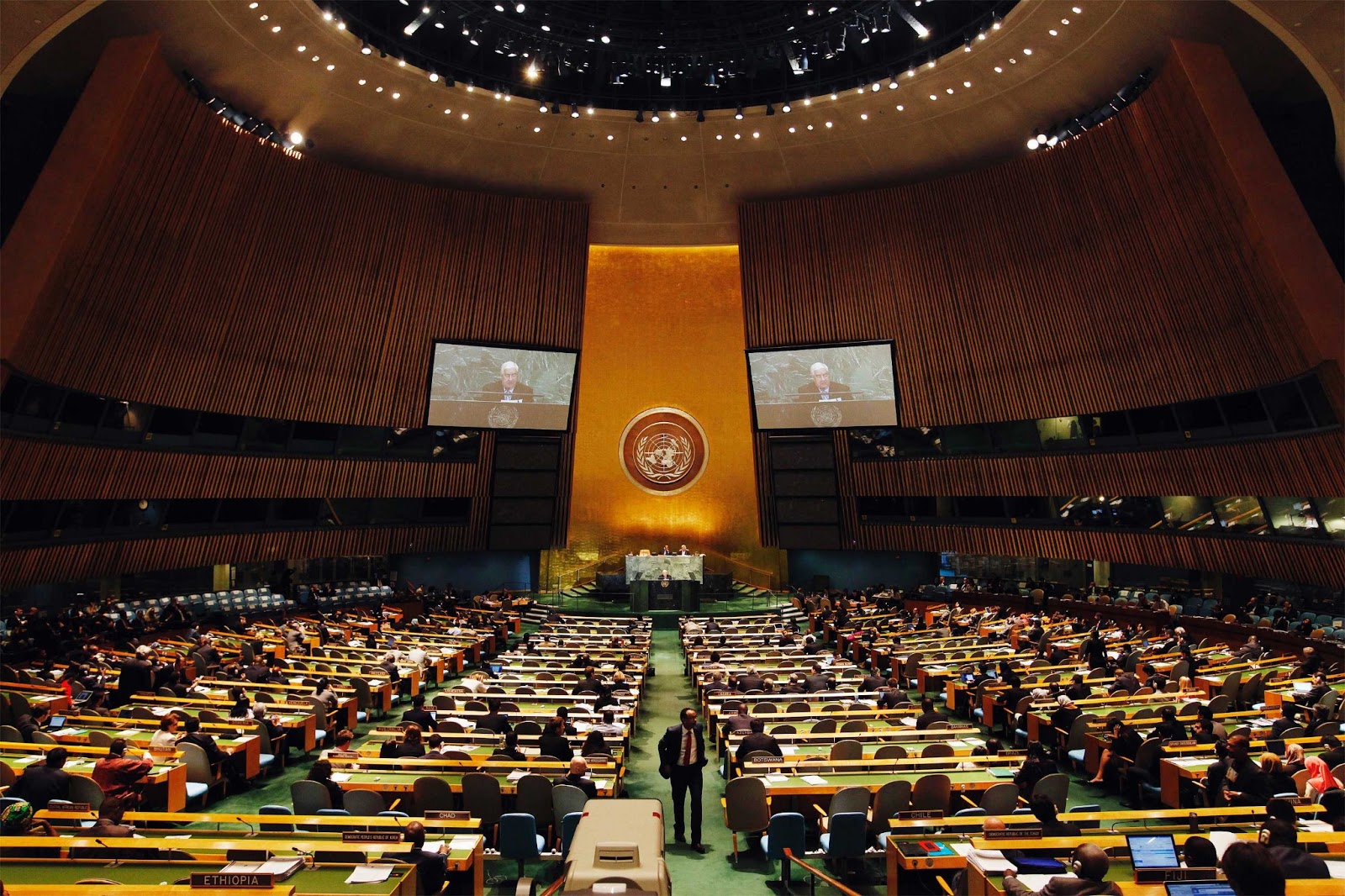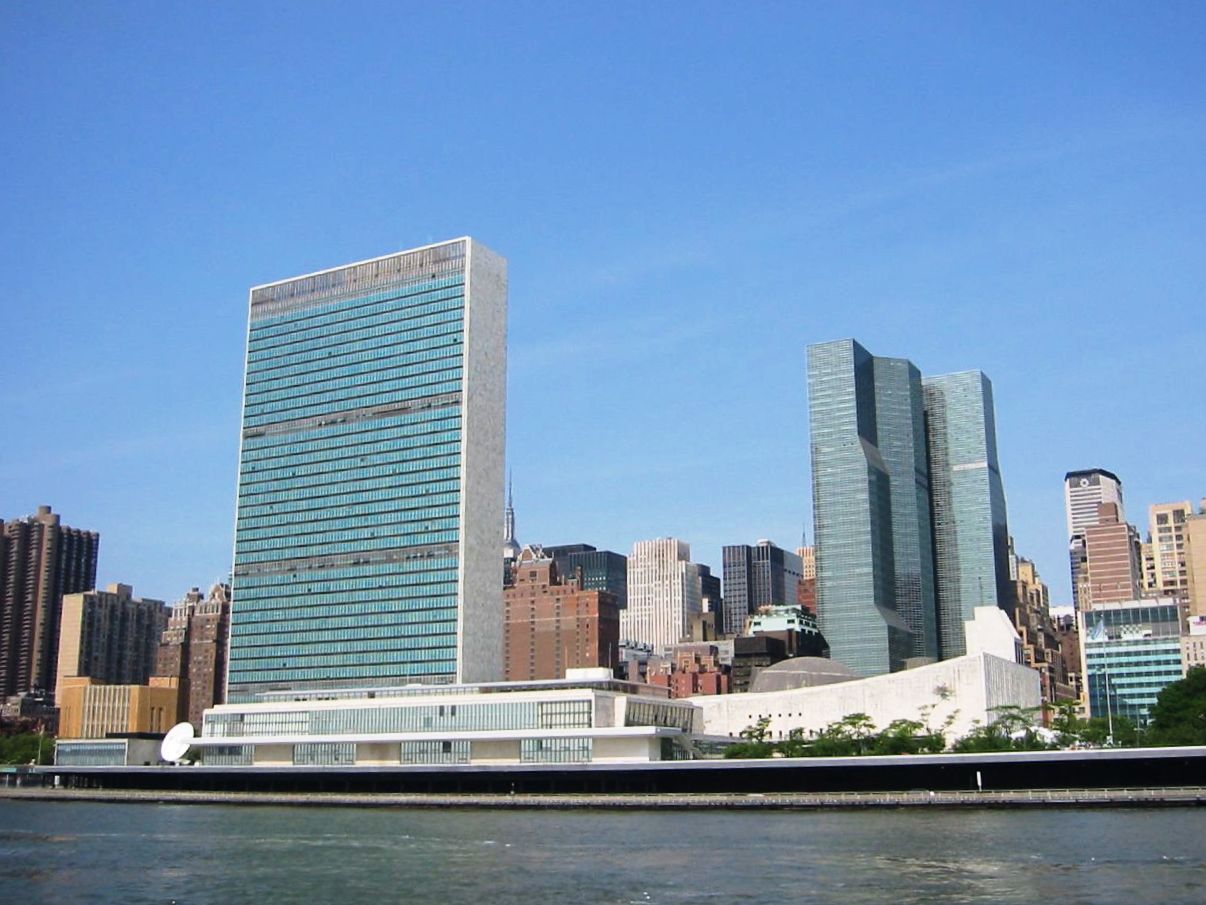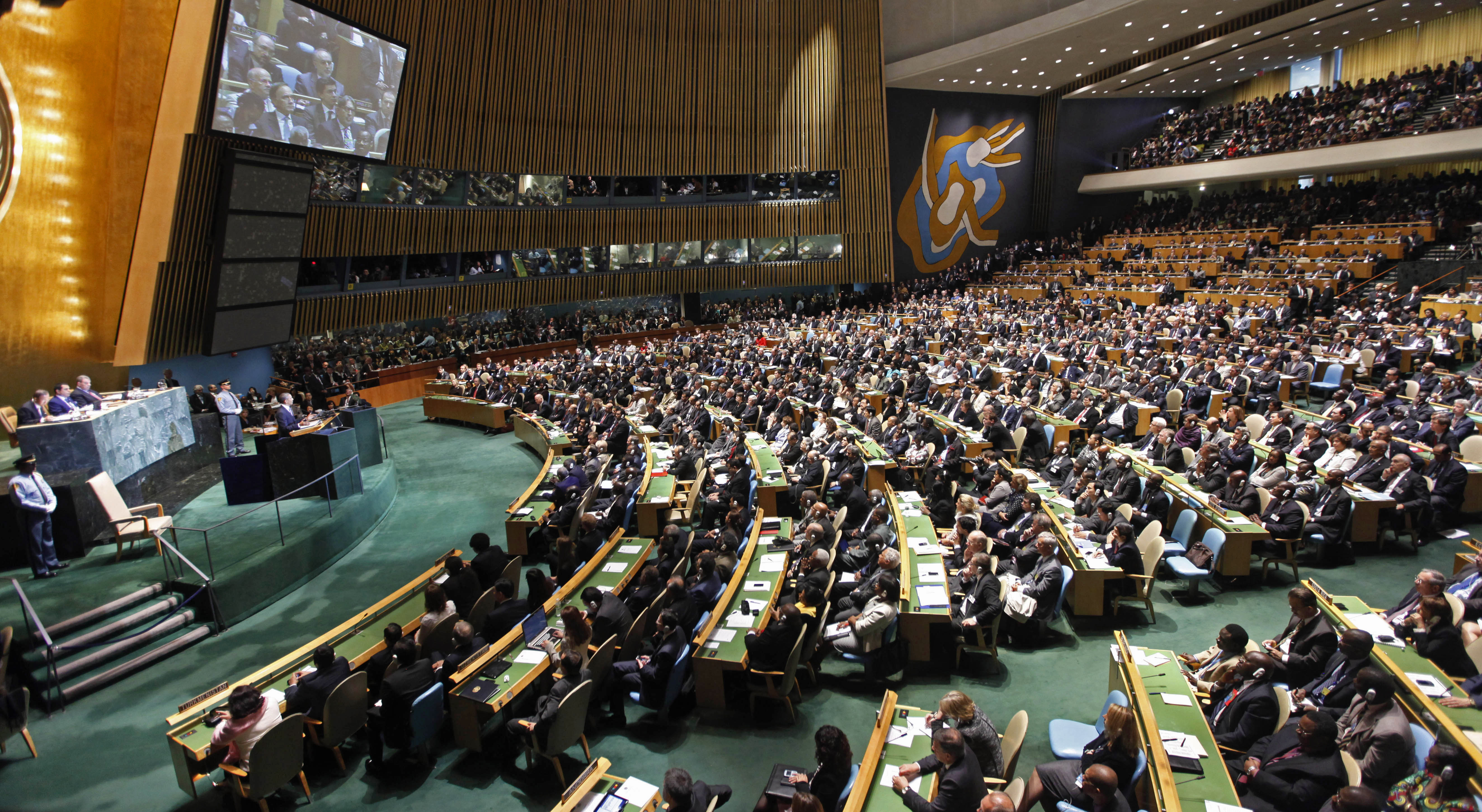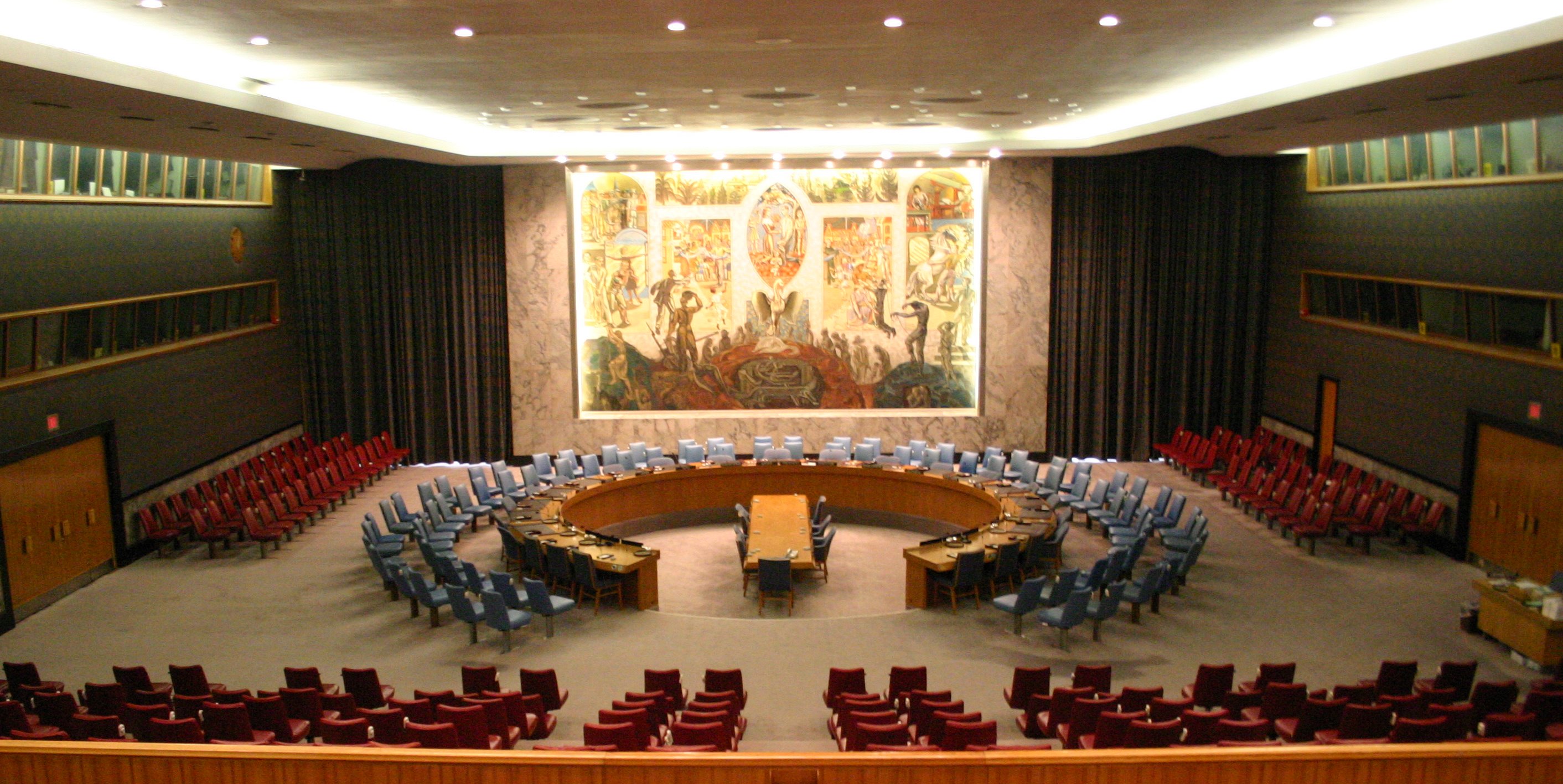After years of turbulence and significant volatility in economic output, the world economy is on a more stable trajectory.
SDG #8: Decent work and economic growth

Given the strong interactions between domestic debt and the broader economy, policymakers must carefully weigh its associated trade-offs while determining the optimal debt structure to minimize chances of domestic debt default.

The world economy continues to face multiple crises, jeopardizing progress towards the Sustainable Development Goals (SDGs). Although global economic growth outperformed expectations in 2023 with several large economies showing remarkable resilience, simmering geo-political tensions and the growing intensity and frequency of extreme weather events have increased underlying risks and vulnerabilities. Furthermore, tight financial conditions also pose increasing risks to global trade and industrial production.

Many MICs require international support to address current and long-term challenges. Eligibility criteria that rely only on income per capita limit available support ? including access to concessional finance ? without accounting for MICs? multidimensional development needs.

Industrial and innovation policies are gaining additional traction, becoming crucial aspects of many governments? toolkits to support innovation, build resilience, and accelerate the green energy transition. There are, however, enormous disparities across economies in their capacity to implement industrial policies, particularly those to support science, technology and innovation.

Despite persistent monetary tightening by major central banks, labour market conditions in most developed economies remained robust in 2023. Low unemployment and high economic activity are accompanied with continuing, albeit moderating, labour shortages.

Development cooperation with middle-income countries (A/78/224)

There is an urgent need for channeling long-term risk-tolerant finance towards achieving the Sustainable Development Goals. The paper argues that National Development Banks (NDBs) and Multilateral Development Banks (MDBs) can play a crucial role in mobilizing the needed capital.

A massive gap in investment and the adoption of low-carbon technologies between the developed and developing countries persist, threatening the urgent need to accelerate the energy transition as well as the achievement of the SDGs.
 Welcome to the United Nations
Welcome to the United Nations